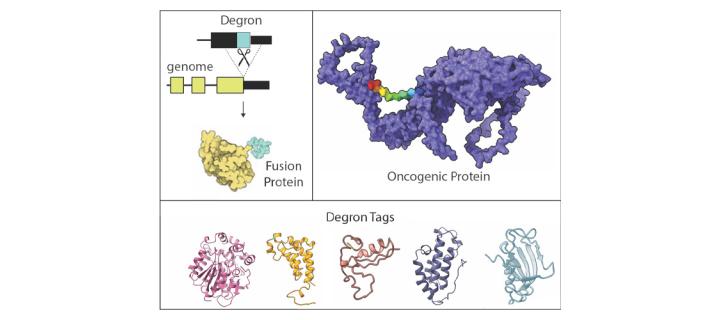MRC four-year International PhD programme: Human Genetics, Genomics and Disease
Applications now CLOSED!
Applications are invited from outstanding candidates to join an MRC funded 4-year PhD programme in Human Genetics, Genomics and Disease at the MRC Human Genetics Unit (HGU), part of the Institute of Genetics and Cancer (IGC) at the University of Edinburgh.
We combine the latest experimental and computational technologies to investigate how our genomes work to control the function of molecules, cells and tissues in people and populations. For more than half a century our research has been dedicated to understanding human genetic disease. Today we continue to apply our clinical and scientific expertise, harnessing the power of complex data, to improve health, and the lives of patients and their families.
To achieve this our PhD programme harnesses strengths in genetics, disease models, bioinformatics, biochemistry, next generation sequencing and imaging technologies to understand how our DNA impacts human health and disease.
We are committed to high quality training, mentorship and research excellence to prepare the next generation of scientists to think critically, and tackle challenging questions in biomedical research.
Programme structure
First 6 months: students participate in structured teaching covering key topics in areas such as genome regulation, disease mechanisms, disease models and biomedical genomics. This is combined with training in computational skills, statistics, and critical thinking. At the same time students participate in 2 mini-projects to experience different laboratory or computational environments.
Subsequent years: Students develop one of the initial projects into a PhD project for the remaining 3.5 years.
Who should apply?
Applicants should have a UK or international 1st class or 2.1 degree or a Masters in any relevant discipline in biological or biomedical sciences. We are seeking motivated students excited by new opportunities who are keen to engage in high quality biomedical research.
Applicants from a quantitative background with a UK or international 1st class or 2.1 degree or a Masters in physics, mathematics, statistics, engineering or computer science and an interest in applying their quantitative skills to biomedical research are also encouraged to apply.
Up to 8 studentships are available to start in September 2024 for outstanding applicants. These studentships include tuition fees, an allowance for research consumables and an enhanced UKRI stipend of £20,122 p/a. Applications are open to all individuals irrespective of nationality or country of residence. All applicants should comply with the University of Edinburgh’s English language requirements.
Why Edinburgh?
Edinburgh University is consistently rated amongst the world’s best universities. We are a major center of biomedical research and have strong collaborations to other disciplines including informatics, mathematics, chemistry and physics, providing an exciting environment for ground breaking multi-disciplinary research projects. Edinburgh has often been voted as the UK city offering the highest quality of life and is renowned for its affordability and rich cultural life.
Application procedure
To apply for this PhD programme, please follow the APPLY NOW link below.
For informal enquiries or concerns about eligibility please contact Ian Adams (Ian.Adams@ed.ac.uk)
Example projects
Manipulating Chromosomes to Prevent Errors in Mammalian Meiosis

Mechanisms of Transcriptional Activation by Hormone-Dependent Enhancers
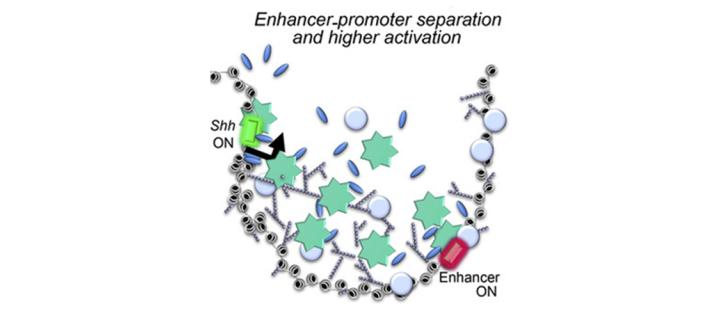
Regulation and function of the nonsense-mediated decay (NMD) pathway

Mechanisms for Completing Genome Replication

Understanding Transcription Noise in Cancer
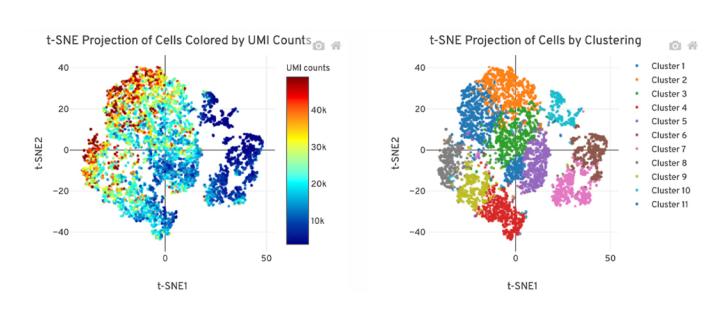
High-Throughput Discovery of Disease Mutations by in vivo Deep Mutational Scanning
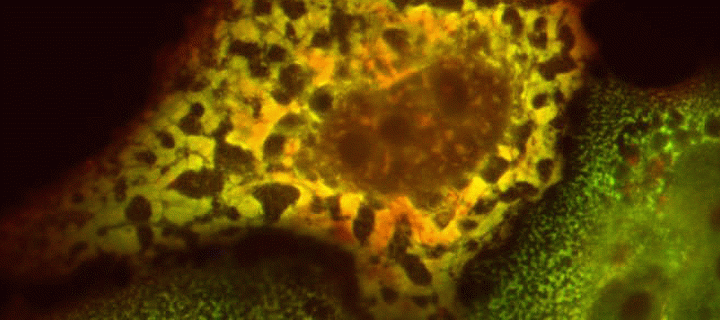
Investigating long-range enhancers and 3D genome topology at a human craniofacial disease locus
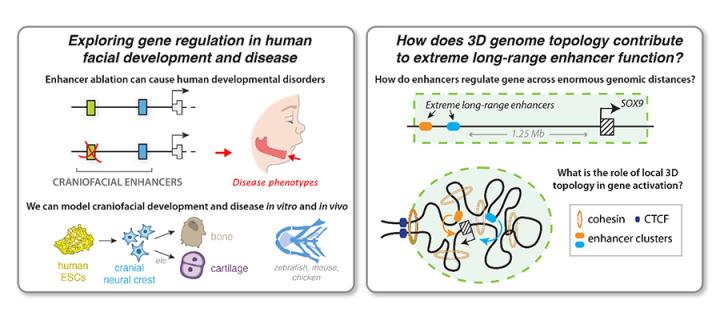
In silico Mutational Scanning to Understand and Predict Protein Function and Genetic Disease
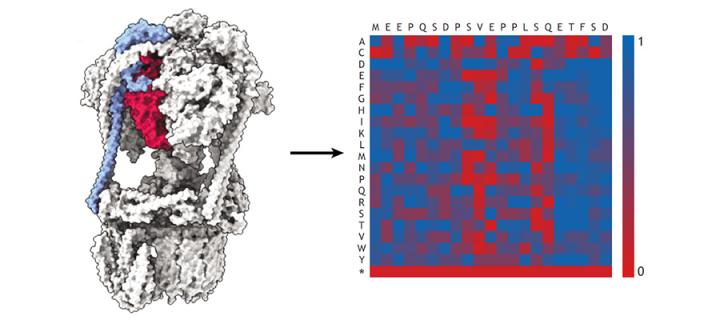
Targeting melanoma cellular heterogeneity

Epistasis and Combinatorial Biomarkers in Cancer
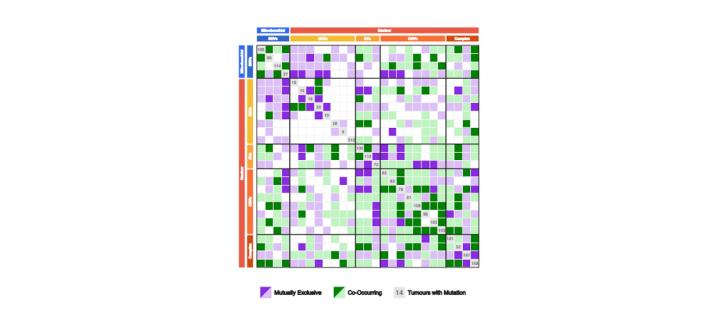
Using single Molecule Approaches to Understand DNA Methylation Maintenance

How Do Human Disease Mutations Influence Targeted Protein Degradation?
